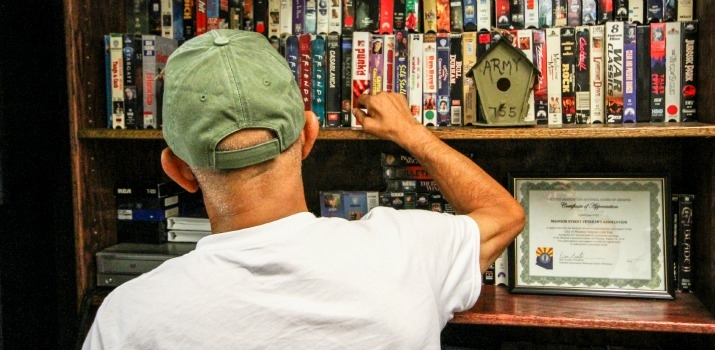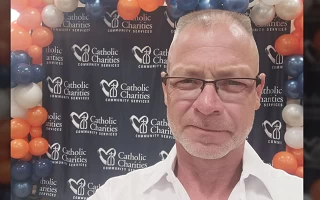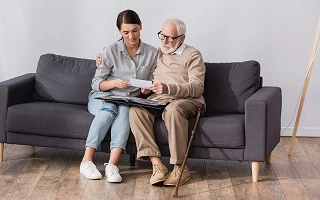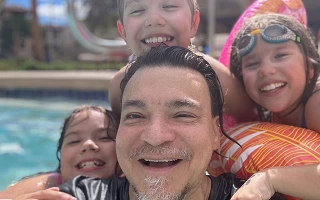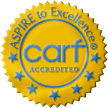When you hear that someone has post-traumatic stress disorder (PTSD), what is the first thing that comes to your mind?
Do you think of veterans who have fought for our country, women who have suffered at the hands of abusers or children shuffled through the foster care system? Anyone who experiences trauma or witnesses tragedy can get PTSD.
When you hear that someone has Post Traumatic Stress Disorder (PTSD), what is the first thing that comes to your mind?
Do you think of veterans who have fought for our country, women who have suffered at the hands of abusers or children shuffled through the foster care system? Anyone who experiences trauma or witnesses tragedy can get PTSD.
PTSD is a psychiatric disorder that can occur following the experience or witnessing of a life-threatening events such as military combat, natural disasters, terrorist incidents, serious accidents, or physical or sexual assault in adult or childhood.
Reports indicate that 7.8 percent of all Americans will experience PTSD during their lifetimes.
Veterans and PTSD
Steve is a Gulf War veteran who struggled with PTSD after returning home from war. He became homeless and found relationships to be difficult. In late 2013, he found the MANA House. “He sat in my office and cried,” said Terry Araman, Catholic Charities Veterans’ Advisory Councilman. “Steve came to us with so many issues.”
MANA House provides a supportive environment where veterans can escape the stigma often associated with PTSD.
In addition to the support of the MANA House, Steve visited veteran centers that provided group and one-on-one counseling. “A peer-support group is essential for dealing with PTSD in veterans,” said Chuck Ashby, action plan advisor at MANA House. “Peer groups are a tremendous support because members speak the same language, they have a shared experience.”
“We embrace alternative therapies as well. We have a community garden, working in the soil, growing things is a great form of therapy,” said Araman. “Some veterans use exercise as therapy. We regularly go to Ability 360 Sports and Fitness Center. They have a state of the art facility.”
Signs of PTSD
There are many different symptoms of PTSD and although someone may have PTSD they may not have all of these symptoms.
Re-Experiencing Symptoms
People with PTSD often relive the trauma through flashbacks, dreams or thoughts. Words, sounds, situation and even smells can be a trigger.
Avoidance Systems
Sometime those with PTSD will avoid places, events or objects that could be a trigger. A veteran may avoid fireworks on the 4th of July because it could be a reminder of combat. Other avoidance symptoms include feelings of guilt, depression, worry and losing interest in activities and life in general or feeling numb.
Hyperarousal Systems
Some people don’t experience these triggers but feel a constant feeling of being startled, tense and angry. Outbursts, difficulty sleeping and concentrating are also common.
Other Symptoms
There are other symptoms to be aware of if you suspect PTSD.
• Sense of a limited future (you don’t expect to live a normal life span, get married, have a career)
• Feeling detached from others
• Inability to remember important aspect of the trauma
• Suicidal thoughts
• Feeling alienated and alone
• Physical aches and pains
• Feelings of mistrust and betrayal
• Substance abuse
Hope and Help with PTSD
Counseling is an important step to treat PSTD. A trained counselor can help people determine the best treatment plan and goals to work toward, whether it be reducing symptoms or learning coping strategies.
Make an appointment with a Catholic Charities counselor by calling 602-749-4405.
You can help those living with PTSD by supporting the work of Catholic Charities with a one-time or monthly gift.

